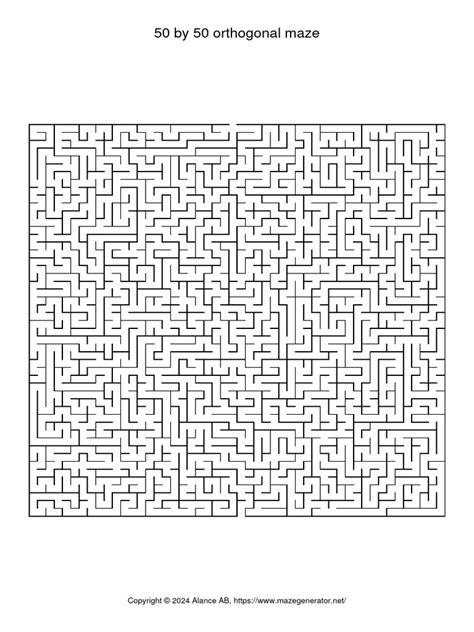Navigating the Maze of Copyright Law: A Guide for Creators and Users
Copyright law can feel like a labyrinth, especially for those unfamiliar with its intricacies. This comprehensive guide aims to illuminate the key aspects of copyright, helping both creators protect their work and users understand their rights and limitations. Understanding copyright is crucial in today's digital world, where the creation and sharing of content are commonplace.
What is Copyright?
Copyright is a legal right granted to the creator of original works of authorship, including literary, dramatic, musical, and certain other intellectual works. This protection automatically exists from the moment the work is created and fixed in a tangible medium of expression (like writing a song or painting a picture). It doesn't require registration, though registration offers certain advantages. Essentially, copyright grants the creator exclusive rights to control how their work is used, reproduced, and distributed.
Who Owns the Copyright?
Generally, the author or creator of a work owns the copyright. However, there are exceptions:
- Work Made for Hire: If you create a work as an employee within the scope of your employment, your employer typically owns the copyright.
- Commissioned Works: The copyright ownership of commissioned works depends on the agreement between the creator and the commissioner. A written contract clearly outlining ownership is crucial.
What Rights Does Copyright Protect?
Copyright grants the owner several exclusive rights, including:
- Reproduction: The right to make copies of the work.
- Distribution: The right to sell, rent, lease, or otherwise distribute copies of the work.
- Derivative Works: The right to create new works based on the original (e.g., a movie based on a book).
- Public Performance: The right to publicly perform the work (for example, a play or musical concert).
- Public Display: The right to publicly display the work (e.g., a painting in a gallery).
How Long Does Copyright Last?
Copyright protection lasts for a considerable period. For works created by individuals, it generally endures for the life of the author plus 70 years. For works created by corporations or other entities, the term is generally the shorter of 95 years from publication or 120 years from creation.
What is Fair Use?
Fair use is a crucial exception to copyright. It allows limited use of copyrighted material without permission for purposes such as criticism, commentary, news reporting, teaching, scholarship, or research. Determining fair use involves a four-factor test:
- The purpose and character of the use: Is it transformative? Does it add new meaning or message?
- The nature of the copyrighted work: Is it factual or fictional? Published or unpublished?
- The amount and substantiality of the portion used: How much of the original work was used?
- The effect of the use upon the potential market for or value of the copyrighted work: Does it harm the market for the original?
There's no single answer to whether a use is fair; it's a case-by-case analysis. Err on the side of caution, and when in doubt, seek permission.
What Happens if Copyright is Infringed?
Copyright infringement occurs when someone uses copyrighted material without permission and outside the scope of fair use. The copyright holder can sue for damages, including profits made from the infringement, as well as attorney's fees and statutory damages.
How Can I Protect My Copyright?
While registration isn't mandatory, it offers significant advantages:
- Legal Evidence: Registration provides prima facie evidence of ownership.
- Statutory Damages: Registered works are eligible for statutory damages, which can be substantial even if actual damages are hard to prove.
- Ability to Sue in Federal Court: Registration is required to file an infringement suit in federal court.
How Can I Use Copyrighted Material Legally?
- Obtain Permission: The simplest and safest way is to obtain permission from the copyright holder. This often involves a licensing agreement.
- Use Materials in the Public Domain: Works in the public domain are no longer protected by copyright and can be used freely.
- Use Materials Under Creative Commons Licenses: These licenses grant specific rights to use copyrighted material under certain conditions.
What are Creative Commons Licenses?
Creative Commons licenses provide a flexible way for copyright holders to grant some rights to their work while retaining others. They offer various levels of permission, allowing creators to specify how their work can be used, shared, and adapted.
This guide offers a general overview of copyright law. For specific legal advice, consult with an intellectual property attorney. Navigating copyright can be complex, but understanding its fundamentals is crucial for all creators and users of intellectual property.

